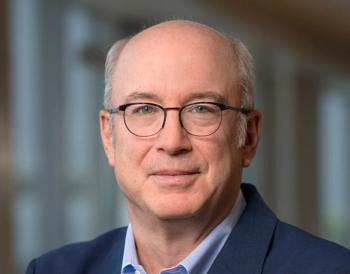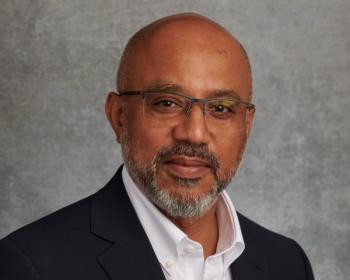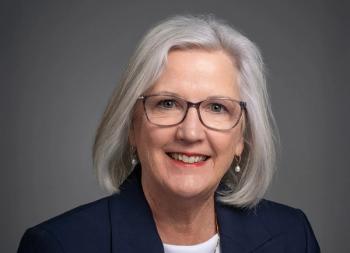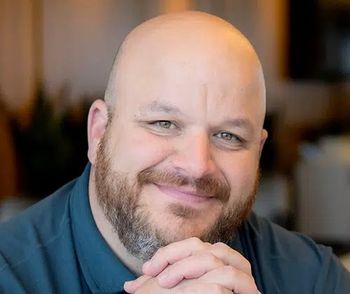
Anthony Chang's 7 Cs of AI in Healthcare
The physician and data scientist gave 7 important points that healthcare should keep in mind when implementing AI projects.
Anthony Chang, MD, decided to go back to school around the time that IBM’s Watson was winning Jeopardy!. Already an accomplished pediatric cardiologist, he recognized how computing was beginning to revolutionize healthcare, and he went back to get a master's degree in data science and artificial intelligence (AI).
He compared sitting in a classroom with aspiring data scientists a third his age to being an average ice skater who has to practice with the Russian national hockey team every day. But Chang got his degree, and the chief intelligence and innovation officer of the Children’s Hospital of Orange County has emerged as a leading voice on AI in healthcare. Today, he gave the keynote speech at the AI in Healthcare Summit in Boston, Massachusetts, from the unique perspective of a man who is both data scientist and clinician.
To Chang, there are 7 important words that the healthcare industry must keep in mind to make AI work for it. All begin with the letter C.
First, stakeholders must remember that we are in the Cambrian period of AI evolution, referring to the period in evolution where a lot of organisms developed in a short period of time. Some survived and continued to evolve, and some are now extinct.
Healthcare should approach the hype cycle with caution. Chang understands and respects the potential of deep learning, for example, but that isn’t the be-all-end-all of AI. He’s glad, he said, that deep learning is beginning to receive some backlash: It brings science back down to earth. There has also been an important shift in the media, no longer representing AI as robots, but rather an ethereal resource.
But on the flipside of deflating hype, there is also a matter of convincing physician colleagues of the value of adopting AI in their practice. For some specialties, like oncology and radiology, the capabilities are already evident and in use, but others will likely need to be convinced to drive innovation and adoption.
Chang said that it was key to keep in mind that using AI in healthcare is complicated—“Like building the Great Wall of China out of Legos,” he said—and that patience and close attention will be needed for proper implementation.
This is important because the technology is evolving and becoming more cognitive. The second wave of healthcare AI, he said, was deep learning, but now the movement is towards cognitive architecture, or finding ways to make a computer act more like a human mind. AI in medicine should be like a nervous system, a powerful brain connected to a vast array of internet-of-things “nerve endings” that shoot signals back and forth.
Whether between machine and machine, human and machine, or human and human, there must collaboration. He pointed to the example of the machine that repeatedly beat a human being in the ancient game of Go by using unconventional moves that most human players would never think of. By the 4th game, he said, the human player had begun to replicate those moves.
“Human to human collaboration is still the most important thing for AI in healthcare,” he said, however. Data scientists and physicians must work together day-in and day-out.
The final word he gave was conviction: physicians and data scientists must have a real, internal motivation to effectively advance AI and improve patient outcomes. For Chang, that’s personal: 2 young daughters with a complex health conditions.
“They’re a daily reminder for me of how important AI in healthcare is going to be,” he said.






























